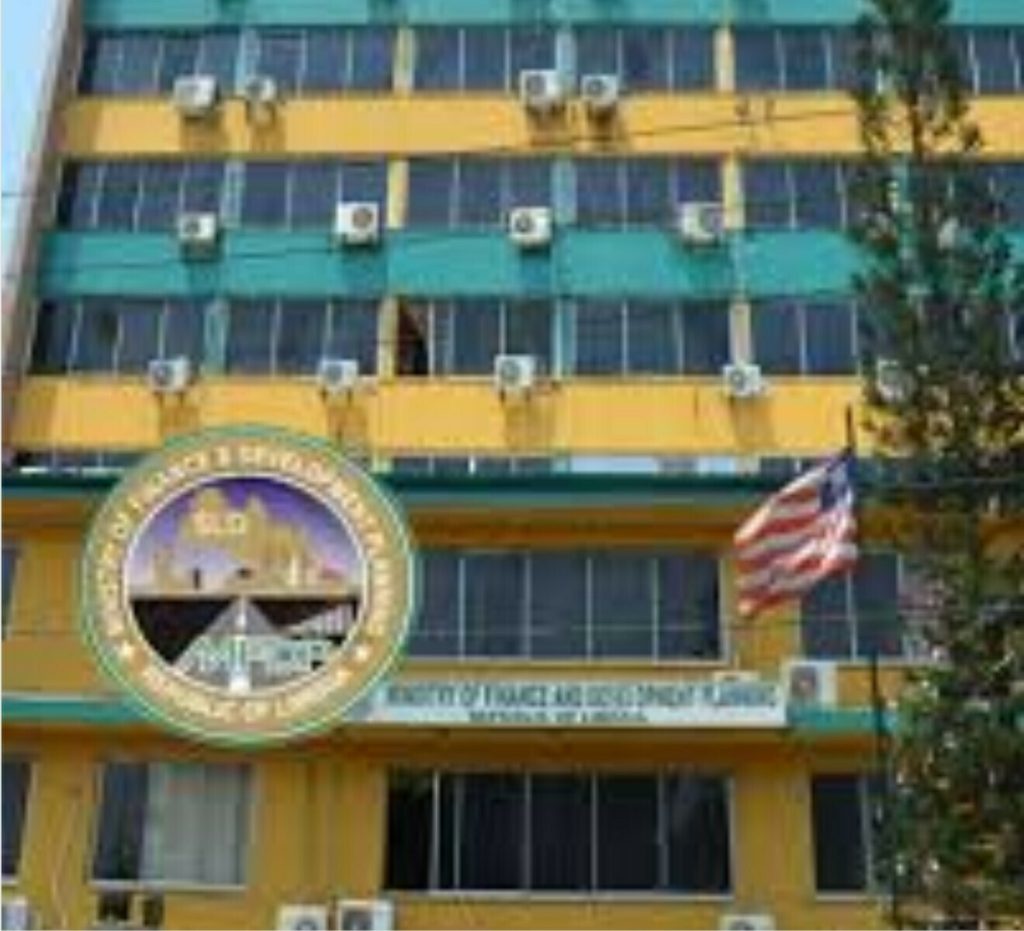The Liberian government’s commitment to budget transparency has been inconsistent, marked by advancements in the availability of certain key budget documents while simultaneously failing to publish others crucial for public scrutiny and accountability. While the Executive’s Budget Proposal, the Mid-Year Review, and the Enacted Budget have become more comprehensive since 2012, providing detailed insights into fiscal plans and spending, the government has faltered in the timely release of documents like the Pre-Budget Statement and the Citizens Budget. Most concerning is the complete absence of the Year-End Report, a vital tool for assessing overall fiscal performance and holding the government accountable for its spending. This inconsistency undermines the progress made and raises questions about the genuineness of the government’s commitment to transparency.
Despite achieving a moderate score of 52 out of 100 on the Open Budget Index (OBI), indicating a level of transparency above the global average, Liberia’s performance falls short of expectations, particularly given its history as Africa’s oldest independent nation. The lack of consistent access to vital budget information, coupled with limited public participation in the budget process, hinders effective governance and erodes public trust. Citizens are left without a clear understanding of how their resources are being allocated and utilized, and their feedback is not meaningfully incorporated into the decision-making process. This lack of engagement fosters a sense of detachment between the government and its citizens, weakening the foundations of a healthy democracy.
The recent passage and presidential approval of the 2025 budget exemplify the prevailing lack of transparency. The detailed budget remains inaccessible to the public, raising concerns about the government’s commitment to open governance. This secrecy undermines the ability of citizens, civil society organizations, and oversight bodies to scrutinize the budget and hold the government accountable for its financial decisions. The absence of a timely mid-year budget review, a critical tool for assessing fiscal performance and making necessary adjustments, further exacerbates the situation. The delayed publication of other crucial documents, such as the Medium Term Expenditure Framework (MTEF) and Budget Implementation Reports, diminishes their usefulness for oversight and public understanding.
The failure to adhere to international standards of budget transparency, as outlined by the Global Initiative for Fiscal Transparency Framework, contributes to the challenges faced by Liberia. These guidelines emphasize the importance of timely and accessible budget information to enhance fiscal accountability and public trust. Liberia’s current practices fall short of these standards, hindering the development of a transparent and participatory budgetary environment. The lack of a structured mechanism for public engagement throughout the budget cycle further limits citizen involvement and restricts the opportunity for meaningful dialogue between the government and the people it serves.
The consequences of obscure budgeting practices are far-reaching, impacting Liberia’s economic and social development. Limited access to budget information erodes public trust in government institutions and democratic processes, fostering skepticism and potentially fueling social unrest. The lack of transparency can lead to inefficiencies and the misallocation of resources, as there is minimal accountability for the use and management of public funds. This can exacerbate existing inequalities and hinder progress towards poverty reduction and sustainable development. Furthermore, the lack of clarity surrounding the 2025 budget creates an uncertain economic environment, discouraging investment and hindering economic growth.
To address these challenges, the Liberian government must prioritize budget transparency and public participation. Making the 2025 budget publicly accessible is a crucial first step towards restoring public trust and fostering accountability. The government should also commit to the timely release of all essential budget documents, including the Pre-Budget Statement, the Citizens Budget, the Year-End Report, the Mid-Year Review, the MTEF, and Budget Implementation Reports. These documents should adhere to the minimum global standards for budget reporting and accessibility, ensuring that citizens have the information they need to understand and engage with the budget process. Furthermore, the government should establish a structured participatory mechanism to facilitate meaningful public engagement throughout the budget cycle, ensuring that citizen feedback is incorporated into budgetary decisions. These measures are essential for promoting good governance, strengthening democratic institutions, and fostering sustainable economic and social development in Liberia.














